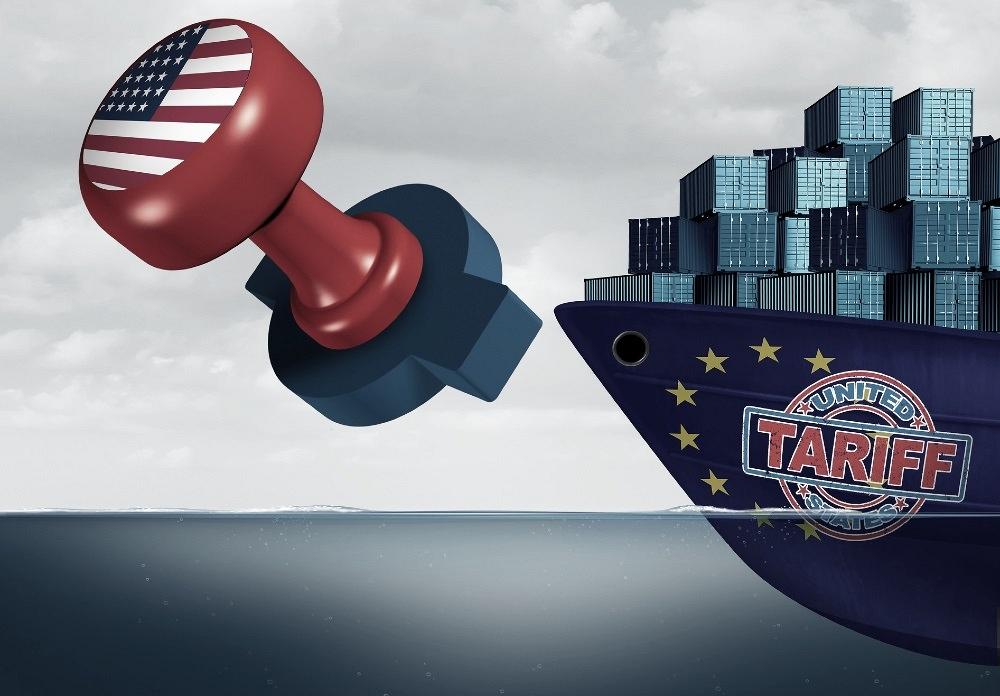The UK is launching a review of its trade policies in place against the US’ steel and aluminum tariffs, but any new measures could be avoided if the US repeals its tariffs following recent bilateral discussions, the Department for International Trade said May 24.
“A public consultation has opened aimed at ensuring any future tariffs applied in response to the US’ unjustified Section 232 duties on aluminum and steel imports are shaped to UK interests,” the DIT said in a statement.
UK International Trade Secretary Liz Truss said the UK is now able to tailor new protective trade policies to its own economy and industries after splitting from the EU.
“The UK will do whatever is necessary to protect our steel industry against illegal tariffs that could undermine British industry and damage our businesses,” Truss said in the statement.
However, following “positive discussions” with the US about trade tensions, Truss said the UK is pressing the US to repeal its Section 232 tariffs, thus removing the UK’s need for further trade action.
“Ultimately, we want to deescalate these disputes so we can move forward and work closely with the US on issues like WTO reform and tackling unfair trade practices by non-market economies,” she said.
The DIT said the UK prefers the full removal of the US’ duties and any further retaliatory measures to progress a more constructive trading relationship.
“The ongoing tariffs are unjustified under WTO rules and unfairly target UK steel and aluminum manufacturers and should be removed,” the department said. “Any claim that UK steel and aluminum imports harm US national security is false and without foundation.”
The UK currently has duties in place on products such as whiskey, motorcycles and tobacco in response to US tariffs.
The six-week trade review and consultation will consider input from UK businesses, industry leaders and other various stakeholders, the DIT said.
The DIT’s review follows a joint announcement May 17 from US and EU trade officials that pledged a cooperative approach from the respective governments to address excess, state-subsidized capacity in the steel and aluminum industry.
As talks between the US and EU continue, the two sides agreed to avoid any changes to trade measures that would negatively affect bilateral trade, according to the announcement.
In separate statements, the United Steelworkers and American Iron and Steel Institute speculated that such talks with the EU could pave the way for the US to remove its steel tariffs. However, both groups strongly urged President Joe Biden to leave the duties intact.
— Nick Lazzaro






